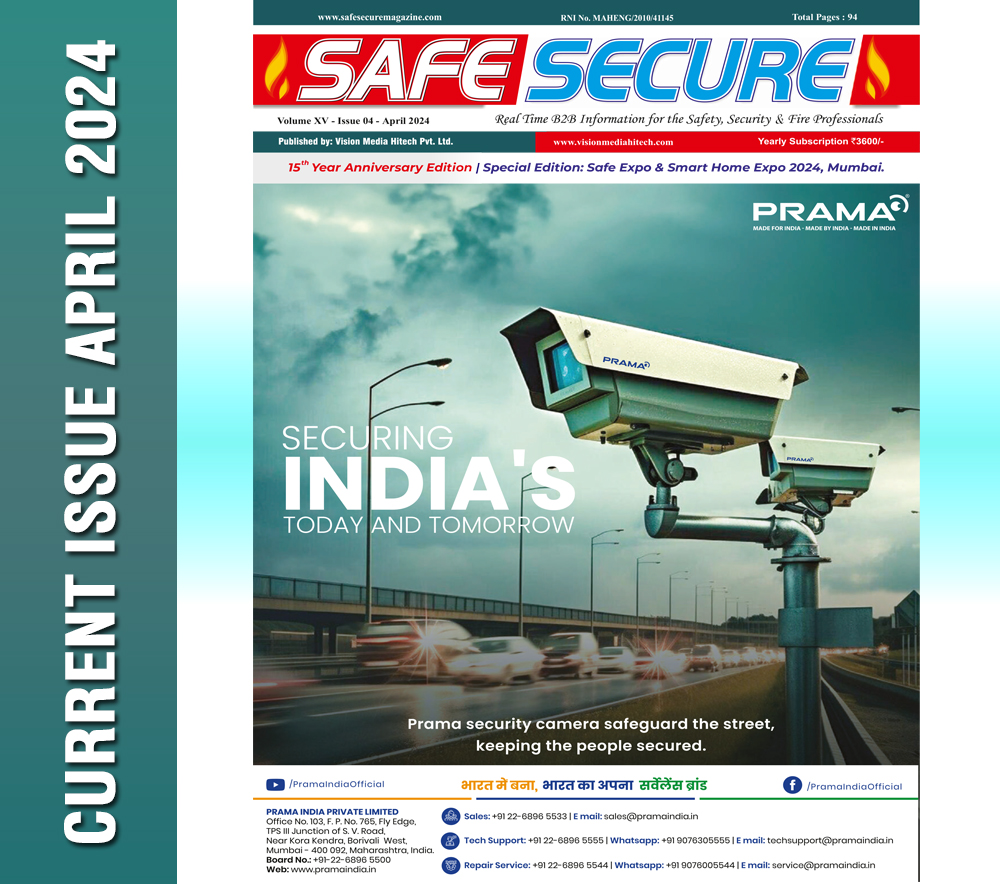Life, Property and Environmental Safety for Hospitality Industry

The hospitality industry encompasses a wide range of businesses, including hotels, resorts, restaurants, and entertainment venues. Ensuring life, property, and environmental safety is of paramount importance in this industry to protect guests, employees, and the surrounding community. In this article, we will discuss key aspects of Life, Property and Environmental safety management within the hospitality industry.
Life safety is a critical concern in any hospitality establishment. Hotels and resorts must adhere to strict fire safety regulations to prevent the outbreak and spread of fires which will make sure the safety of occupants as well as property. This includes installing ACTIVE Systems like Fire Alarm panels with smoke & heat detectors, Public Address systems with Speakers, Fire Extinguishers of various types, Fire Fighting Pumps with Sprinklers & Hydrant systems, and emergency exit signs in compliance with local building codes. The Smoke management & ventilation systems are also part of active items. We shall also use Passive Systems like Fire Stop/Barrier Materials & Partitions, Fire Curtains etc. for compartmentalization of Fire in emergency cases. Regular fire drills and training sessions should be conducted to educate employees on emergency procedures and evacuation protocols. In fact a Short Briefing of Emergency & Evacuation Process shall be done to the Guests while they check-in the property.
Similarly, restaurants and entertainment venues must prioritize life safety. Proper crowd management, including capacity limits and clear pathways, is crucial to prevent accidents and ensure a safe environment. Adequate lighting and clear signage are essential to guide guests during emergencies. In addition, first aid kits should be readily available, and staff members should be trained in basic first aid techniques. Making sure that all the active as well as Passive systems are up to date & in a proper working condition is responsibility of the each Property Owners & Facility Managers.
Property safety is another important aspect of hospitality industry management. Establishments should invest in robust & latest security systems, including surveillance - CCTV cameras, access control systems, and intruder alarms, to protect guests and their belongings. All the above systems can be enhanced with Artificial Intelligence & Software to Analyze the satiations for better and safe environment. Adequate lighting in parking lots and public areas can also deter criminal activities. Regular inspections should be conducted to identify and rectify any potential safety hazards, such as loose handrails, slippery floors, or faulty electrical wiring.
Environmental safety and sustainability are increasingly important in the hospitality industry. Businesses should adopt eco-friendly practices to minimize their impact on the environment. This can include implementing energy-saving measures such as LED lighting, motion sensors, and smart thermostats to reduce energy consumption. Water-saving initiatives, such as low-flow fixtures and linen reuse programs, can help conserve water resources. Proper waste management, including recycling programs and composting, should be established to minimize the amount of waste generated.
I Strongly feel that Digital twin technology can play a crucial role in improving energy efficiency and reducing carbon emissions in the hospitality industry. By creating a virtual replica of a hotel or resort, operators can monitor and optimize energy consumption, HVAC systems, and lighting. Real-time data and analytics enable proactive energy management, identifying areas of inefficiency and implementing targeted solutions for energy reduction. This technology allows for predictive maintenance, optimizing equipment performance, and reducing energy waste. By leveraging digital twin technology, the hospitality industry can make significant strides towards achieving sustainability goals and minimizing its carbon footprint.
Furthermore, establishments should comply with environmental regulations and strive to minimize pollution. This includes properly disposing of hazardous materials, such as cleaning chemicals, and adhering to waste disposal guidelines. Additionally, businesses can partner with local organizations and participate in community initiatives aimed at environmental conservation and sustainability.
Training and education are essential components of ensuring safety in the hospitality industry. All employees should receive comprehensive training on safety procedures, emergency response, and the proper use of equipment. Regular refresher courses and ongoing communication about safety practices are crucial to keep staff members informed and engaged.
In conclusion, maintaining life, property, and environmental safety is a top priority for the hospitality industry. We must take help of Latest Technologies to analyze and implement these ESG Drives to achieve all Safety as well as Sustainability Goals. By adhering to regulations, implementing robust safety measures, and promoting a culture of safety, businesses can create a secure and sustainable environment for guests, employees, and the community. Prioritizing safety not only protects individuals but also enhances the reputation and success of hospitality establishments.
(This "EXPERT TALK" Published in July 2023 Edition)












